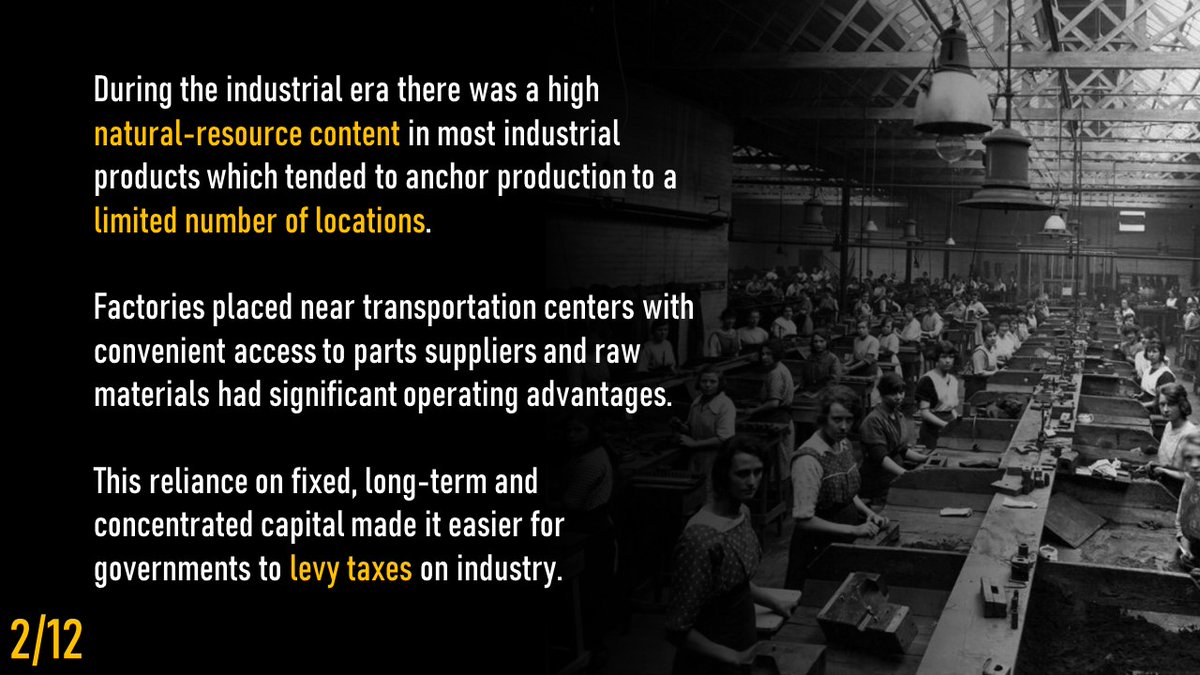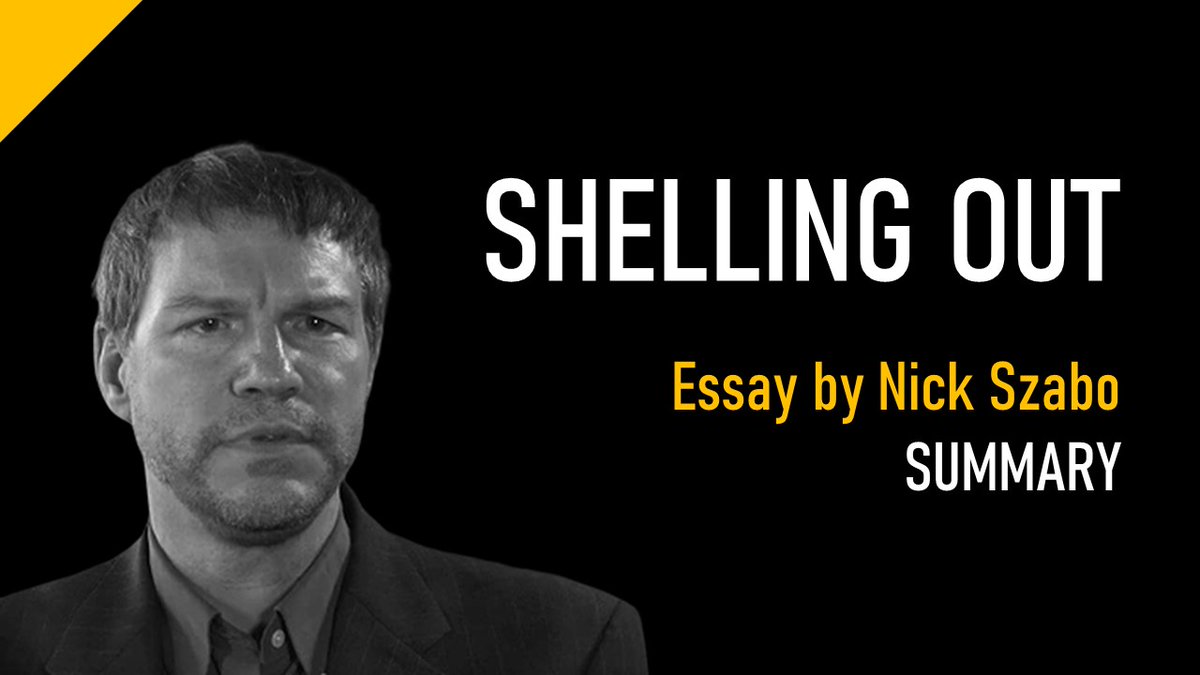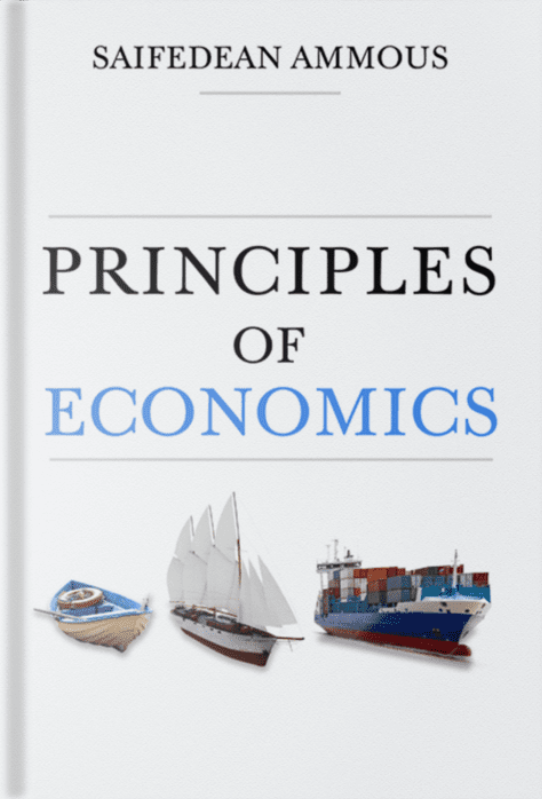
The delusion that governments can successfully manipulate prices has spanned cultures, nations and epochs.
Inspired by Scheuttinger & @eamonnbutler's excellent book "Forty Centuries of Wage & Price Controls", I have catalogued my top 8 historical price control blunders.👇
Inspired by Scheuttinger & @eamonnbutler's excellent book "Forty Centuries of Wage & Price Controls", I have catalogued my top 8 historical price control blunders.👇

BABYLONIA
In 1754 BC, the Code of Hammurabi imposed a rigid system of controls over wages, prices, production, and consumption.
Legal prices were set for labour, farm animals and goods like wagons and boats.
A decline in trade followed as merchants departed for foreign lands.
In 1754 BC, the Code of Hammurabi imposed a rigid system of controls over wages, prices, production, and consumption.
Legal prices were set for labour, farm animals and goods like wagons and boats.
A decline in trade followed as merchants departed for foreign lands.

ANCIENT ROME
Debasement of coinage by successive emperors led to galloping inflation.
In 284AD Diocletian tried to combat this by setting price ceilings for beef, grain, eggs and clothing.
Merchants responded by withholding goods from markets, leading to widespread shortages.
Debasement of coinage by successive emperors led to galloping inflation.
In 284AD Diocletian tried to combat this by setting price ceilings for beef, grain, eggs and clothing.
Merchants responded by withholding goods from markets, leading to widespread shortages.

MEDIEVAL ENGLAND
By 1351 ½ of Europe’s population had perished from the Black Death. The price of labour soared.
A wage-fixing statute called "The Malice of Labourers" was passed in response.
Over 30 years worker discontent grew culminating in the Wat Tyler Rebellion of 1381.
By 1351 ½ of Europe’s population had perished from the Black Death. The price of labour soared.
A wage-fixing statute called "The Malice of Labourers" was passed in response.
Over 30 years worker discontent grew culminating in the Wat Tyler Rebellion of 1381.

16C BELGIUM
In 1584 Antwerp was besieged by Spanish forces. When prices rose City Fathers set price ceilings on food. Higher prices would have compensated importers for risk to their boats. With prices held low imports ceased.
Provisions ran out and the city had to surrender.
In 1584 Antwerp was besieged by Spanish forces. When prices rose City Fathers set price ceilings on food. Higher prices would have compensated importers for risk to their boats. With prices held low imports ceased.
Provisions ran out and the city had to surrender.

FRENCH REVOLUTION
In 1793 the 1st Law of the Maximum fixed the price of grain and flour in every district. Farmers were required to accept paper assignats, worth less than coin.
Farmers withheld goods, shortages arose and uprisings led to the law being abandoned within 3 months
In 1793 the 1st Law of the Maximum fixed the price of grain and flour in every district. Farmers were required to accept paper assignats, worth less than coin.
Farmers withheld goods, shortages arose and uprisings led to the law being abandoned within 3 months

WWI
In 1914 Imperial Germany implemented the most strictly enforced system of price fixing in Europe.
Due to their much-glorified efficiency, German police prevented the emergence of black markets.
Predictably this led to shortages: a contributing factor to Germany’s defeat.
In 1914 Imperial Germany implemented the most strictly enforced system of price fixing in Europe.
Due to their much-glorified efficiency, German police prevented the emergence of black markets.
Predictably this led to shortages: a contributing factor to Germany’s defeat.

BRAZILIAN COFFEE
In 1924 the Brazilian government tried to stablise the price of coffee.
The guaranteed government price floor led to a surge in production and Brazil required 3 international loans totaling $175m to cover mounting warehousing costs.
The system collapsed 1931
In 1924 the Brazilian government tried to stablise the price of coffee.
The guaranteed government price floor led to a surge in production and Brazil required 3 international loans totaling $175m to cover mounting warehousing costs.
The system collapsed 1931

RACHMANISM
In post-WWII London, existing tenants were given rights to remain in their home on fixed rents. Only new tenants could be charged flexibly by landlords.
In the 1960s, this disparity gave Peter Rachman the incentive to intimidate old tenants into leaving their homes.
In post-WWII London, existing tenants were given rights to remain in their home on fixed rents. Only new tenants could be charged flexibly by landlords.
In the 1960s, this disparity gave Peter Rachman the incentive to intimidate old tenants into leaving their homes.

Thank you for reading.
If you enjoyed this thread please scroll up and retweet the first tweet to help its message reach a wider audience.
For more like this follow me at @TheAustrian3.
My collated threads can be accessed on my medium page: theaustrian3.medium.com
If you enjoyed this thread please scroll up and retweet the first tweet to help its message reach a wider audience.
For more like this follow me at @TheAustrian3.
My collated threads can be accessed on my medium page: theaustrian3.medium.com
• • •
Missing some Tweet in this thread? You can try to
force a refresh









